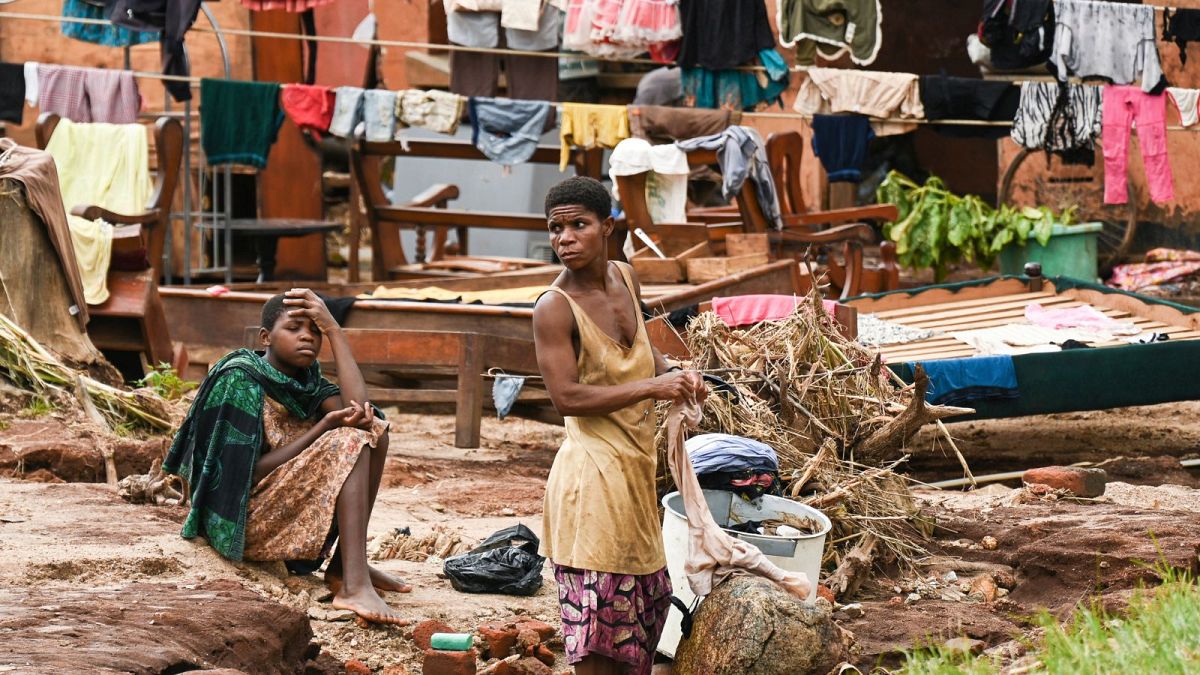

As global environmental challenges persistently influence policy and public discourse, recent developments highlight significant steps toward addressing climate vulnerability and regulations against greenwashing. A new index has emerged as a vital tool in identifying countries at heightened risk due to environmental factors, while concurrently, the European Union faces internal discussions regarding proposals aimed at curbing greenwashing practices.
The unveiling of a climate vulnerability index marks a pivotal moment for understanding and addressing the risks faced by various nations. This index categorizes countries based on their susceptibility to environmental disasters, offering a clearer, data-driven perspective on which areas might be “living one disaster away from crisis.” Particularly noteworthy is the inclusion of two European countries in this assessment, emphasizing that climate vulnerability is not confined to traditionally high-risk regions.
This index aims not only to reveal these vulnerabilities but also to guide global support efforts effectively. By providing a more nuanced picture of risk, it allows stakeholders to prioritize resources and assistance where they are needed most. The ultimate goal is to foster resilience in nations that are disproportionately affected by climate change-related phenomena.
In parallel, the European context sees a critical dialogue surrounding greenwashing, which refers to the practice of companies misleading consumers about their environmental efforts. Greenwashing undermines consumer trust and complicates genuine sustainability efforts. The European Commission’s current debate over a proposed amendment that would enhance corporate accountability is a testament to the complex balance between regulation and business interests.
The proposed legislation, part of the broader Green Deal initiative, underscores the EU’s commitment to enforce transparent and truthful environmental claims. However, it has sparked discussions among various European institutions, indicative of the tug-of-war between regulatory ambitions and economic considerations. The outcome of this debate will have significant implications for both industries and consumers across Europe, as it attempts to solidify measures that protect consumers from deceptive marketing practices.
These dual developments, focusing on climate vulnerability and the regulatory environment, reflect the diverse yet interconnected challenges faced by nations striving for sustainability. While the climate vulnerability index presents an opportunity for targeted intervention and support, the ongoing discussions about greenwashing regulations highlight the importance of maintaining integrity and transparency in environmental claims.
The need for comprehensive strategies that address environmental, economic, and societal elements is clear. As Europe and the world navigate these intricate issues, collaborative efforts and informed decisions remain key to fostering a responsible and sustainable future. Through robust policy frameworks and accurate assessments, there is potential to greatly ameliorate the impact of climate change and ensure that corporate practices align with environmental goals.
Source: {link}
